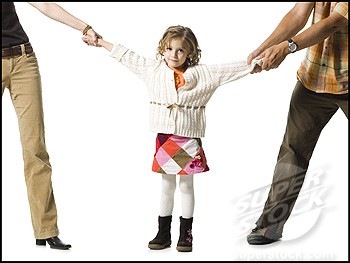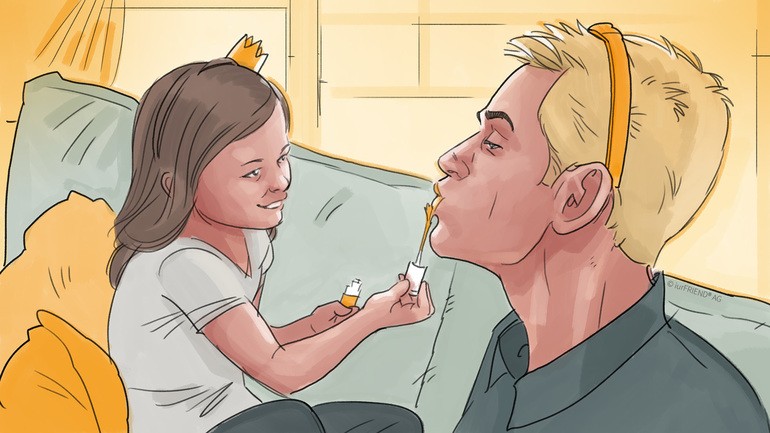Where to go with the kids after a breakup? The nest model is one way
Spotted an Error?

After the relationship is out, many parents wonder how the childcare should go on. Where should they live – with dad, mom or do they have to commute? The nest model offers a different solution. A mother tells what her everyday life with three children looks like now.
I recently separated from my partner – we have three children together. After a few discussions, we decided on the nest model. It is the case that the children are allowed to stay “in the nest” at home and the parents commute. However, we do not make the division 50/50. I spend a little more time with the children in the nest apartment during the week, and we take turns at the weekend. It was important to us as parents that the days are fixed so that the children can adjust to them and always know who is there for them on which day.








